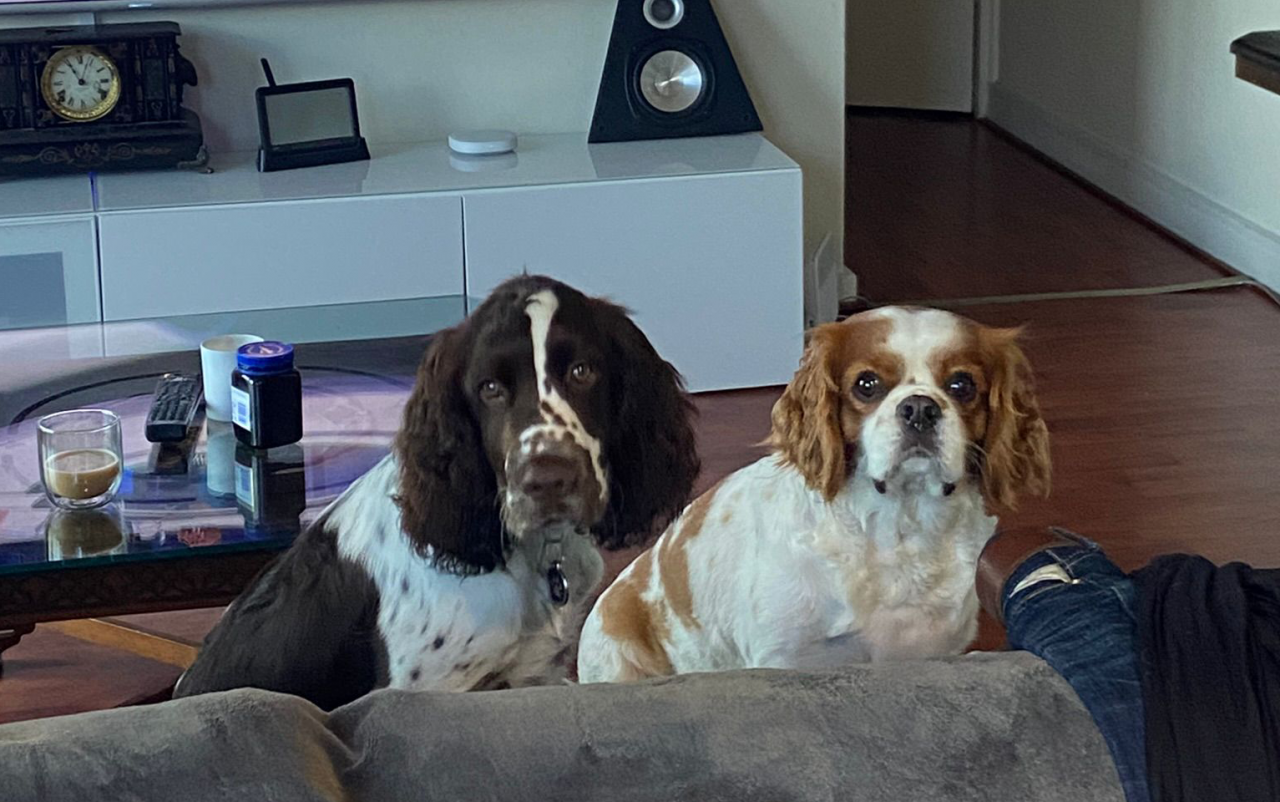Covid, lockdowns and an increase in working from home saw a marked increase in the amount of time many owners spend with their dogs. However, with the end of the pandemic and return to normal work, many dogs began to experience increased separation anxiety. Separation anxiety is a common problem among dogs, and is distressing for both the dog and owner. It can manifest in a variety of ways, including destructive behavior, excessive barking, and even inappropriate behaviour in the house. Luckily, there are several things you can do to help your dog overcome separation anxiety.
- Build up your dog’s independence gradually One way to reduce separation anxiety is to slowly build up the time you spend away from your dog. Start by leaving your dog alone for short periods, such as 5 or 10 minutes, and gradually increase the time over several weeks. This will help your dog become more comfortable being alone and reduce their anxiety.
- Provide plenty of exercise and mental stimulation Dogs that are left alone for long periods of time can become bored and anxious. It’s important to provide your dog with plenty of exercise and mental stimulation to keep them occupied and engaged. This can include daily walks, interactive toys, and puzzles that challenge their mind.
- Use positive reinforcement to reward good behavior Positive reinforcement is a powerful tool in helping to reduce separation anxiety in dogs. When your dog exhibits good behavior, such as remaining calm when you leave or not engaging in destructive behavior, be sure to reward them with treats or praise. This will help them associate positive feelings with being alone and encourage them to continue good behavior.
- Create a safe and comfortable environment for your dog Creating a safe and comfortable environment for your dog can help reduce their anxiety when you are away. This can include providing a cozy bed or crate, leaving a favorite toy or blanket, and playing calming music or leaving the TV on to provide background noise.
- Consult with a veterinarian or animal behaviorist If your dog’s separation anxiety is severe or does not improve with the above methods, it may be necessary to consult with a veterinarian or animal behaviorist. They can help identify underlying causes of the anxiety and provide additional strategies and support to help your dog overcome their anxiety.
Always remember, separation anxiety is challenging issue for both dogs and owners, but with patience, consistency, and the right approach, it is possible to overcome this anxiety. By gradually building up your dog’s independence, providing plenty of exercise and mental stimulation, using positive reinforcement, creating a safe and comfortable environment, and seeking professional guidance if needed, you can help your dog feel more comfortable and secure when left alone.



